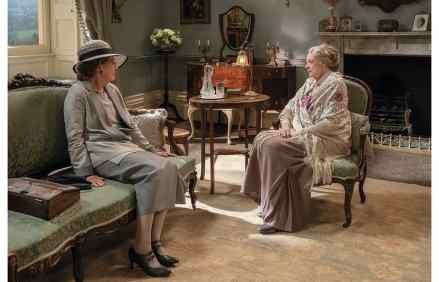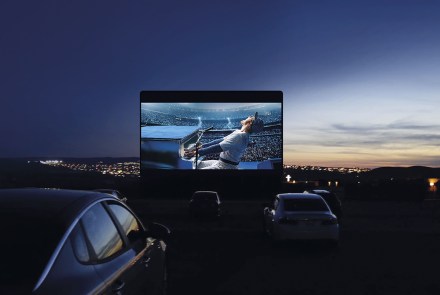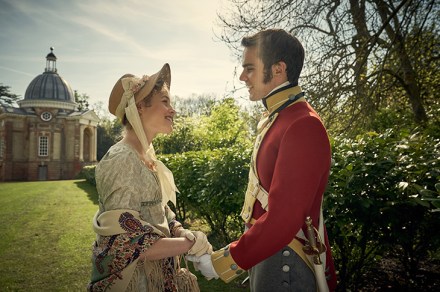Fellowes fluffs it: Downton Abbey – A New Era reviewed
Downton Abbey: A New Era is the second film spin-off from the TV series and, like the first, it doesn’t have to try especially hard if at all. It could be two hours of Mrs Hughes darning socks or two hours of Mrs Patmore concocting something disgusting (kidney soufflé?) or two hours of Lady Grantham requesting tea in bed and fans would still love it to the tune of whatever the last film made. (Millions.) That said, I have always had a bit of a soft spot for it. As the theme music starts up and we get that first sweeping vista of the estate, it feels reassuring and familiar,




